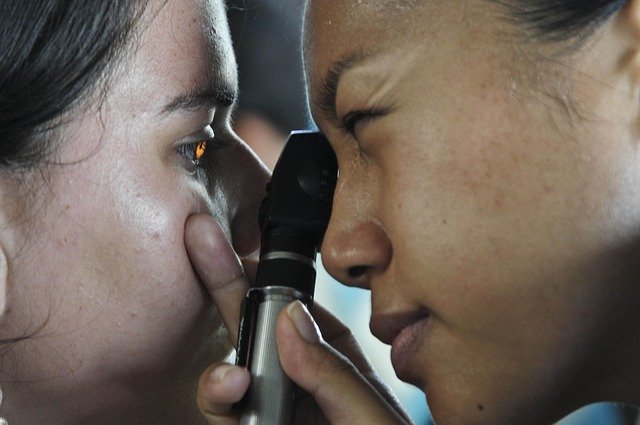Learn About How Eye Drops Impact Glaucoma
Glaucoma is a serious eye condition that can lead to vision loss if left untreated. One of the primary methods of managing glaucoma is through the use of eye drops. These specialized medications play a crucial role in controlling intraocular pressure, which is a key factor in the progression of glaucoma. Understanding how eye drops impact glaucoma can help patients better manage their condition and preserve their vision.

What is glaucoma?
Glaucoma is a group of eye diseases characterized by damage to the optic nerve, often associated with increased pressure within the eye. This condition typically develops slowly over time and can lead to gradual vision loss if not properly managed. There are several types of glaucoma, with open-angle glaucoma being the most common form. Risk factors for developing glaucoma include age, family history, and certain medical conditions.
Why are eye drops used for glaucoma?
Eye drops are a cornerstone of glaucoma treatment because they effectively target the underlying cause of the condition. The primary goal of using eye drops is to lower intraocular pressure, which helps prevent further damage to the optic nerve. By reducing this pressure, eye drops can slow or halt the progression of glaucoma, preserving vision and improving overall eye health.
What are the ways eye drops can help with glaucoma?
Eye drops can help manage glaucoma through various mechanisms:
-
Reducing fluid production: Some eye drops work by decreasing the amount of aqueous humor produced by the eye, which helps lower intraocular pressure.
-
Improving fluid drainage: Certain types of eye drops enhance the outflow of aqueous humor from the eye, effectively reducing pressure buildup.
-
Protecting the optic nerve: Some eye drops may have neuroprotective properties, helping to safeguard the optic nerve from further damage.
-
Combining multiple actions: Many eye drops used in glaucoma treatment work through a combination of these mechanisms to provide comprehensive pressure control.
How do eye drops impact glaucoma progression?
The impact of eye drops on glaucoma progression can be significant when used consistently and as prescribed. Regular use of appropriate eye drops can:
-
Stabilize intraocular pressure: By maintaining lower eye pressure, drops can help prevent further damage to the optic nerve.
-
Slow vision loss: Consistent use of eye drops can significantly slow the rate of vision loss associated with glaucoma.
-
Preserve remaining vision: While eye drops cannot reverse existing damage, they play a crucial role in preserving remaining vision by preventing further deterioration.
-
Delay or prevent the need for surgery: In many cases, effective use of eye drops can delay or even eliminate the need for more invasive glaucoma treatments, such as laser therapy or traditional surgery.
What factors influence the effectiveness of eye drops for glaucoma?
Several factors can impact how well eye drops work in managing glaucoma:
-
Consistency of use: Regular application of eye drops as prescribed is crucial for maintaining optimal pressure control.
-
Proper administration technique: Correct application of eye drops ensures that the medication is effectively absorbed by the eye.
-
Individual response: Different people may respond differently to various types of eye drops, necessitating personalized treatment plans.
-
Compliance with treatment: Adhering to the prescribed regimen is essential for achieving the best possible outcomes in glaucoma management.
-
Potential side effects: Some individuals may experience side effects from certain eye drops, which can affect their ability to use the medication consistently.
In conclusion, eye drops play a vital role in the management of glaucoma by effectively lowering intraocular pressure and protecting the optic nerve from further damage. Their impact on glaucoma progression can be substantial when used properly and consistently. Understanding the mechanisms by which eye drops work and the factors that influence their effectiveness can help patients better manage their condition and preserve their vision. Regular check-ups with an eye care professional are essential to monitor the progress of glaucoma treatment and make any necessary adjustments to the eye drop regimen.
This article is for informational purposes only and should not be considered medical advice. Please consult a qualified healthcare professional for personalized guidance and treatment.




